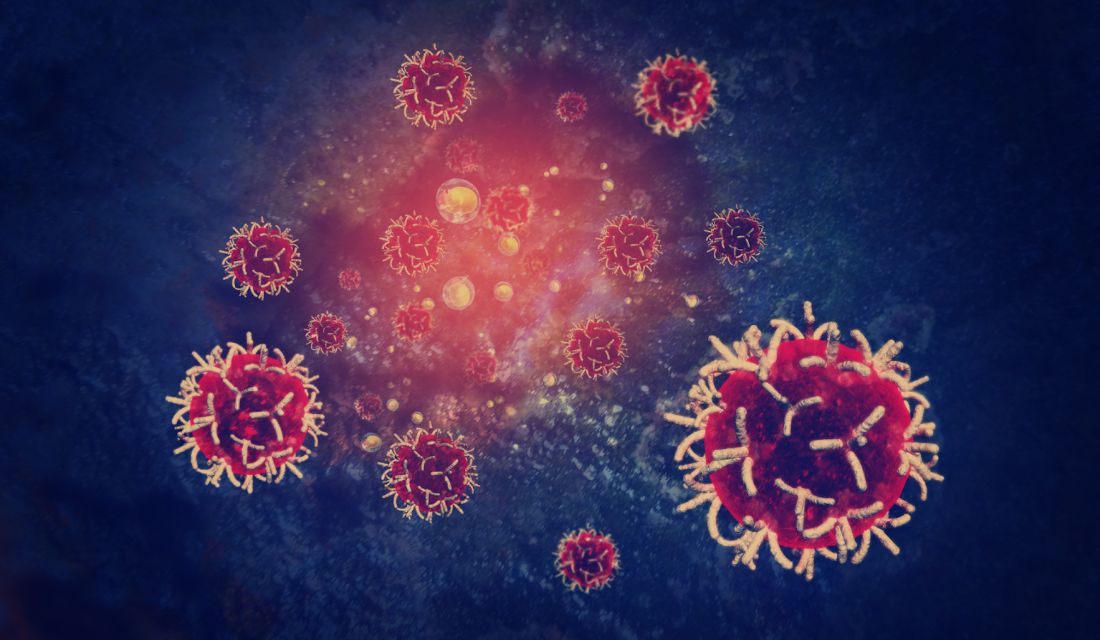
Rahul, a 24-year-old engineer, used to live in Delhi for his job. He was a health-conscious individual who cared deeply about the environment, its impact on human well-being, and his health. He was one of those people who was always up to date with what was happening in the world. Similarly, he had always been mindful of the city’s air quality and checked the air quality index every day he went out.
Rahul was worried as the news reports constantly highlighted his city’s deteriorating air pollution. Rahul became increasingly anxious about the environment and his health.
Gradually, his anxiety grew as he stepped out of his house. He read articles that stated the harmful effects of air pollution on human health. Every day as he stepped out of his house, he couldn’t help but imagine the tiny particles of air pollution invading his lungs.
Weeks went by, but Rahul’s anxiety grew like anything. He also started falling ill and experienced symptoms like fatigue, breathlessness, throat irritation, etc. When he experienced all these symptoms, it just triggered his anxiety and made him think that he might have caught lung cancer.
He remembered reading a recent report by WHO that classified chemicals in air pollution as class one human carcinogens. Looking at his symptoms and thinking about air pollution, he thought he had developed cancer and might die.
Another few days passed, but Rahul’s life revolved around his fear. He spent most of his hours researching the effects of air pollution on human health, especially on people living in highly polluted areas like Delhi.
One day, he decided to keep his fear aside and go for a checkup to see what was wrong: his lungs or mind. He booked an appointment and went to see a pulmonologist.
“Hi doctor, I have been experiencing some symptoms and think I have lung cancer. I am so terrified that I can’t even think of anything else. Please help me.” Rahul said.
“Rahul, don’t worry. You don’t have to worry this much until the results are out. Without diagnosing the disease, you should not worry about your issue at a level that disturbs your mental state.” the doctor said. “Also, how long have you been experiencing these symptoms?”
“A month,” Rahul replied.
“That’s bad, Rahul. It would be best if you hadn’t waited this long. Anyways, let’s do some tests and see what’s wrong.”
The doctor did some tests and some physical examinations. Once the report was out, he sat with Rahul and discussed it.
“Rahul, I have good news and bad news. The good news is that you don’t have lung cancer, so chill. But, due to your late diagnosis, you have developed a serious lung infection caused by air pollution.” the doctor said.
The doctor told Rahul that it was good that he hadn’t developed lung cancer, but he might have can.
Yes, that’s true. Harmful air pollutants have been linked to cause cancer in human beings. Various studies in different parts of the world displayed a direct link between air pollution and lung cancer.
Moreover, along with lung cancer, the risk of head and neck cancer is also rising in countries like China and India due to their heavy dependence on fossil fuels for cooking, which causes air pollution.
In India, non-smoking females are developing lung cancer, and air pollution is the key factor. Not just lung cancer, air pollution is also linked to causing breast cancer in females, according to another study.
But how? How can air pollutants cause cancer? (Rahul asked a similar question to the doctor)
The doctor told Rahul that various studies show that prolonged exposure to air pollutants causes DNA damage. The tiny pollutants can build up in the lungs and change how cells in the human body replicate. When this process is disturbed, it can cause cancer.
It is exactly what smoking does to your body. So if you are a non-smoker but live in polluted air, you are at equal risk of developing cancer as a person who smokes regularly.
Motivated by this newfound knowledge, Rahul became proactive in caring for his physical and mental health. He joined local environmental organizations, participated in and hosted awareness campaigns, and even started a small community in his neighborhood to spread awareness and combat his anxiety.
As time passed, Rahul realized that the constant fear of cancer was holding him back from truly living. He started to focus on the things he loved, spending time with friends, pursuing hobbies, and making meaningful connections. He started practicing mindfulness techniques to calm his mind and care for his health.
Rahul’s journey taught him that while being aware of our environmental challenges is crucial, it is equally important to take proactive steps toward change and not let fear dictate our lives. From that day forward, Rahul embraced each day with gratitude, knowing he had the power to positively impact his well-being and the world around him.
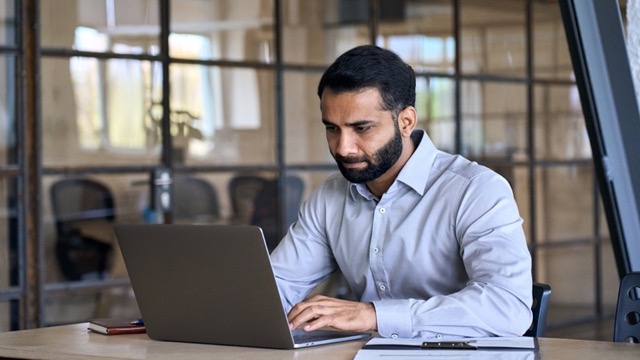

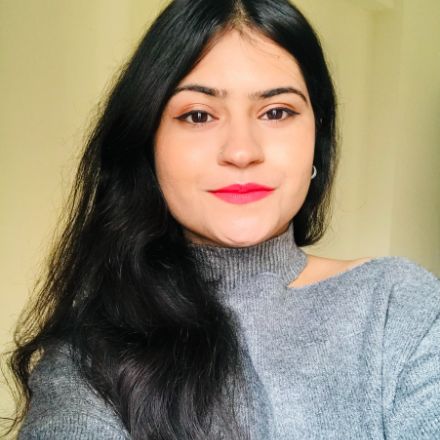
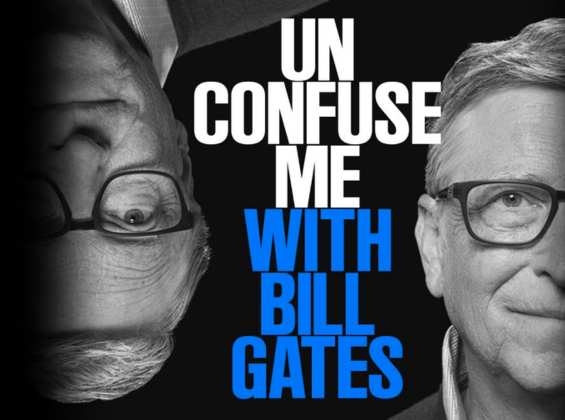
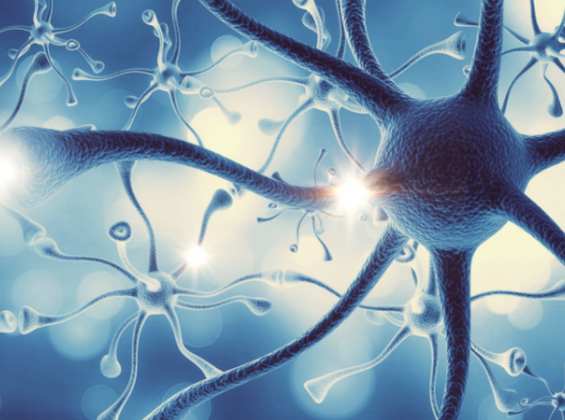

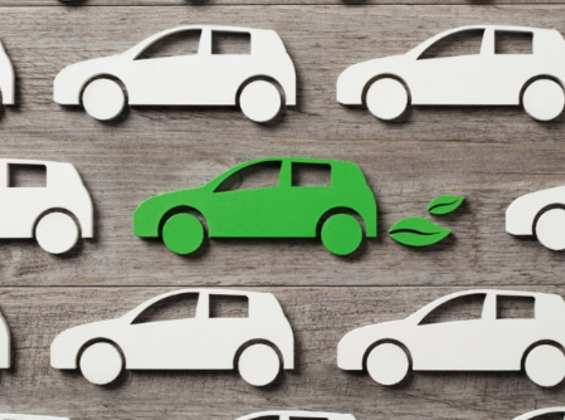

Leave A Comment
Your email address will not be published. Required fields are marked.